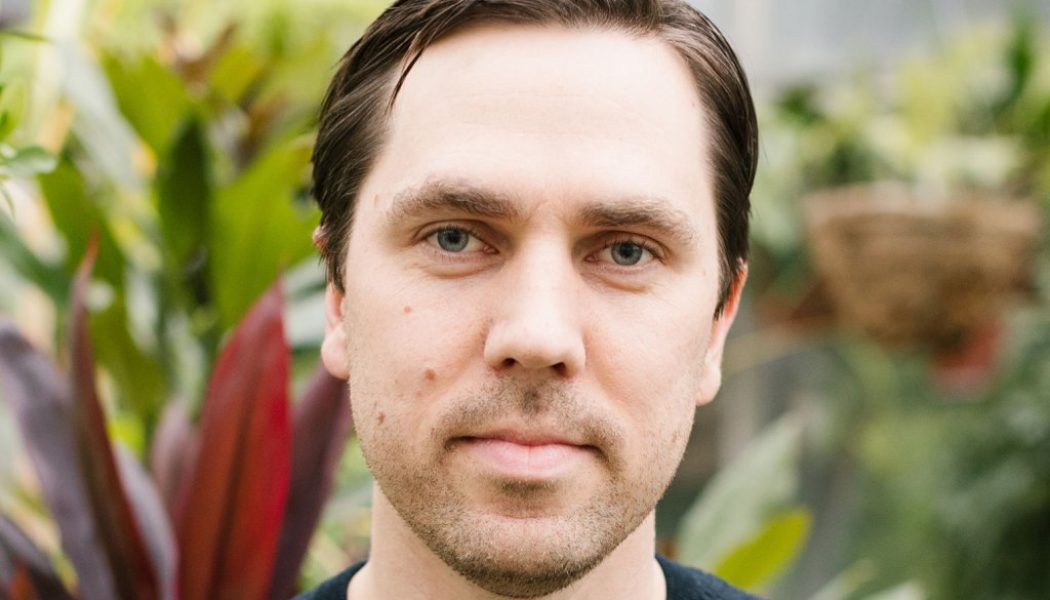
Over the course of its 25-year history, Secretly Group has made numerous stabs at implementing more environmentally friendly practices — from nearly eliminating its usage of plastic jewel cases to installing a solar array on its main warehouse. Now, the company is unveiling a wide-ranging sustainability plan designed to cut down on its greenhouse gas emissions across the board.
Officially dubbed The Secretly Affiliates Sustainability Plan, the 11-page document outlines a series of concrete actions Secretly Group will take to lessen its climate footprint, including investing in energy efficiency in its buildings, assessing opportunities to replace natural gas equipment with electric options, switching to 100% renewable energy and measuring and reducing the company’s “Scope 3” emissions — a category that includes all ancillary emissions such as employee travel, music streaming and the production of vinyl and other physical goods. The company is also a founder investor in IMPALA’s planned bespoke carbon calculator for the music industry
By the company’s 30th anniversary in 2026, the company – which includes record labels Dead Oceans, Jagjaguwar, Secretly Canadian, Ghostly International, The Numero Group and Phoebe Bridgers’ Saddest Factory Records – aims to zero out its negative climate impact dating back to its founding and become a “climate positive” operation beyond that.
While accounting for Secretly Group’s entire carbon debt since 1996 was a challenge due to a lack of adequate records, COO and co-founder Ben Swanson tells Billboard that the company’s consultant on the project, Jen Cregar at Terra Lumina Consulting, calculated the likely overall impact to be equal to roughly five times the company’s 2019 emissions. To reach their 2026 goal, Secretly Group will attempt to directly reduce its emissions as much as possible, with those it cannot reduce being balanced by the purchase of carbon offsets via the company Native, which has also worked with Ben & Jerry’s and Green Mountain Coffee Roasters.
Though Secretly is only now releasing its sustainability plan to the public, the strategy has already been set in motion. So far, the company has purchased carbon offsets to zero out the impact of its 2019 “Scope 1” and “Scope 2” emissions (categories that include direct emissions such as gas, electrical usage and fuel used to power company vehicles), which have been estimated at 150 metric tons. It also lowered its Scope 1 and 2 emissions in 2020 by 22% to 116 metric tons, albeit largely due to work-from-home policies implemented during the pandemic as well as the installation of solar panels at its warehouse. By the end of this year, Swanson says the company will have effectively offset all of its Scope 1 and Scope 2 emissions from 2020.
In 2022, Secretly will start looking at reducing and offsetting its more difficult-to-pin-down Scope 3 emissions while advocating for the company’s partners – including building managers, DSPs and vinyl plants – to take a look at how they, too, can reduce their climate footprint.
Secretly Group isn’t the first music company to announce a sustainability plan; earlier this year, both Beggars Group and Ninja Tune released their own proposals. Swanson tells Billboard that Secretly “took a lot of inspiration” from those companies and that in turn, “we hope to be somewhat inspiring in what we do.”
Inspirational or not, the process certainly hasn’t been easy. “You scratch the surface of this stuff and you realize how kind of knotty it all is,” says Swanson. “There’s not really a right move. You solve one problem and you open up six other problems.”
Following from that, Swanson hopes to make the process less opaque by creating a kind of blueprint that can be utilized by other music companies, including Secretly Distribution’s more than 150 clients, who decide to take action on reducing their own emissions in the future.
“If we can be sort of a translator between what I’ll lovingly call the nerds and the rest of the music industry,” Swanson says, “maybe that’s where we could be a value add as well.”










